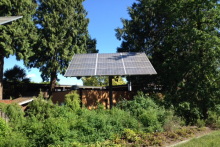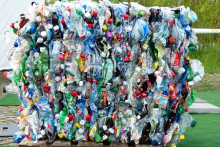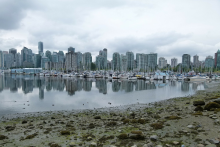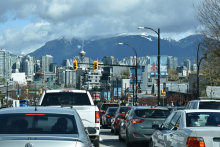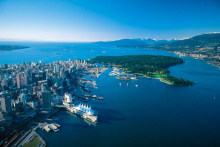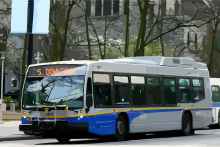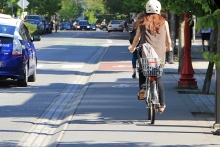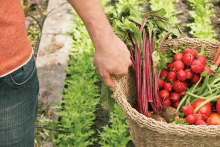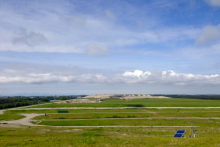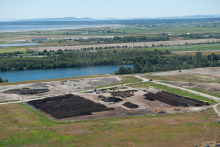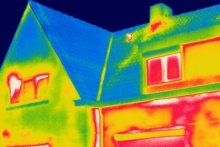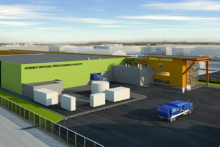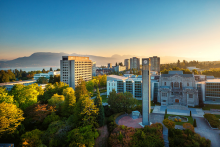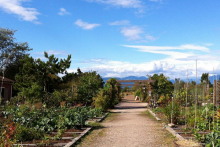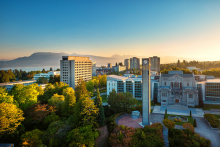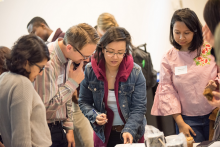The Sustainability Scholars Program is an innovative paid internship program. We match UBC graduate students with on- and off-campus sustainability partners to work on applied research projects that advance sustainability across the region. Managed by the UBC Sustainability Hub.




How It Works
The program is open to full-time UBC graduate students from any program or discipline. As a Sustainability Scholar, you work under the guidance of a mentor on an applied research project that supports their organization's sustainability goals.
Apply
UBC Sustainability Scholars work on applied research projects across a wide range of environmental, economic and social sustainability topics. See our list of current paid internship opportunities.
Project Library
The Scholars Project Library contains hundreds of reports, charts, tool-kits, and more, documenting the applied research produced by Scholars since 2010. A useful body of knowledge to support further research around sustainability.
Partner with us
Partner organizations are essential to the UBC Sustainability Scholars Program. Partners provide work experience for UBC graduate students and benefit from their applied research.
Meet the scholars
UBC Sustainability Scholars come from all kinds of backgrounds and academic disciplines. Scholars stand out for being passionate about sustainability, having a strong work ethic, and for their applied research skills.
Fund scholars
Climate change, biodiversity loss, and growing inequality are some of the most urgent issues facing our world today. Support from donors will allow scholars to make a direct impact through organizations doing the on-the-ground work needed to address climate change and other critical sustainability challenges.
Program History
Sustainability Scholars’ projects have been helping to move the dial on sustainability across the region for over 10 years. Find out more about our history, milestones, and impact.
Fraser Estuary Research Collaborative (FERC)
A new stream in the Sustainability Scholars Program focusing on applied research with the goal of restoring and protecting the endangered Fraser Estuary.









